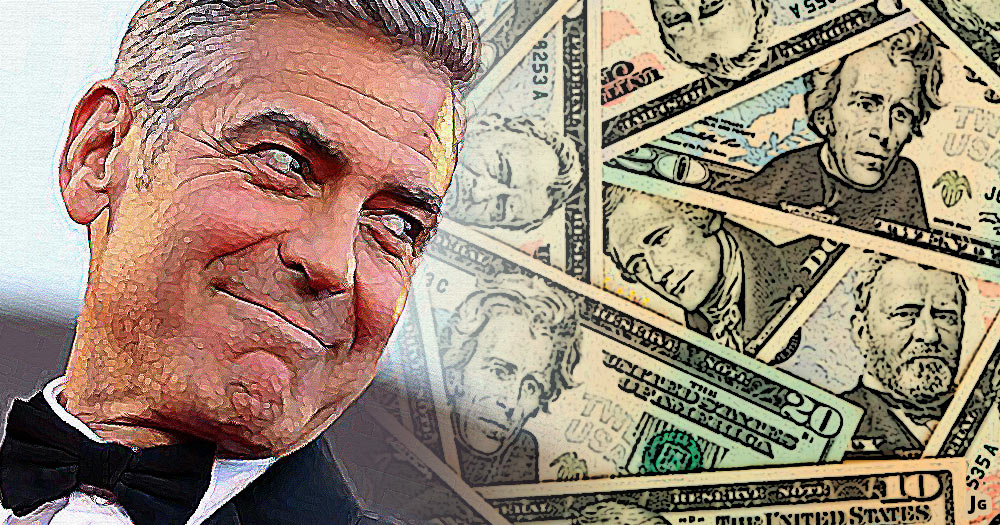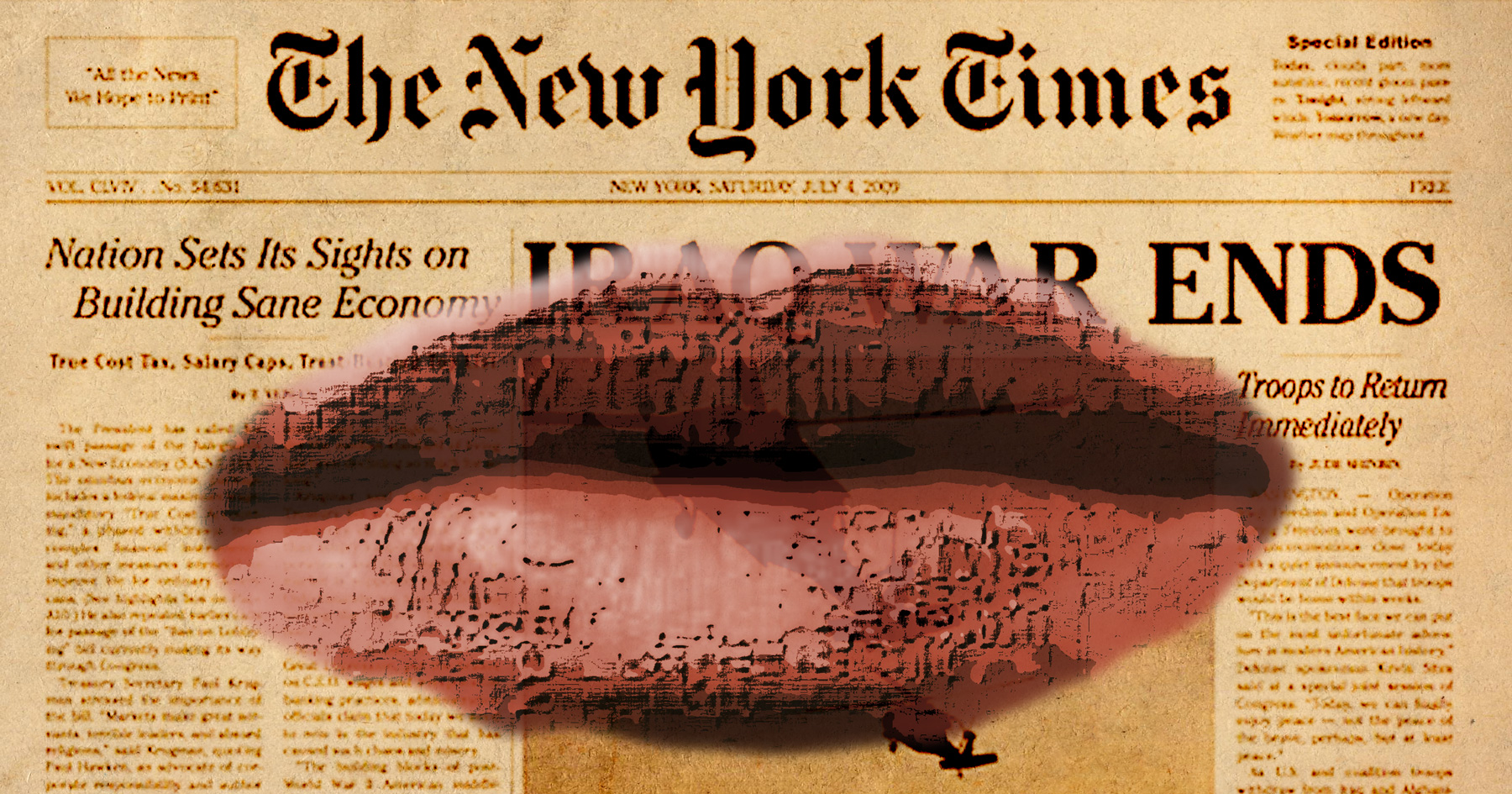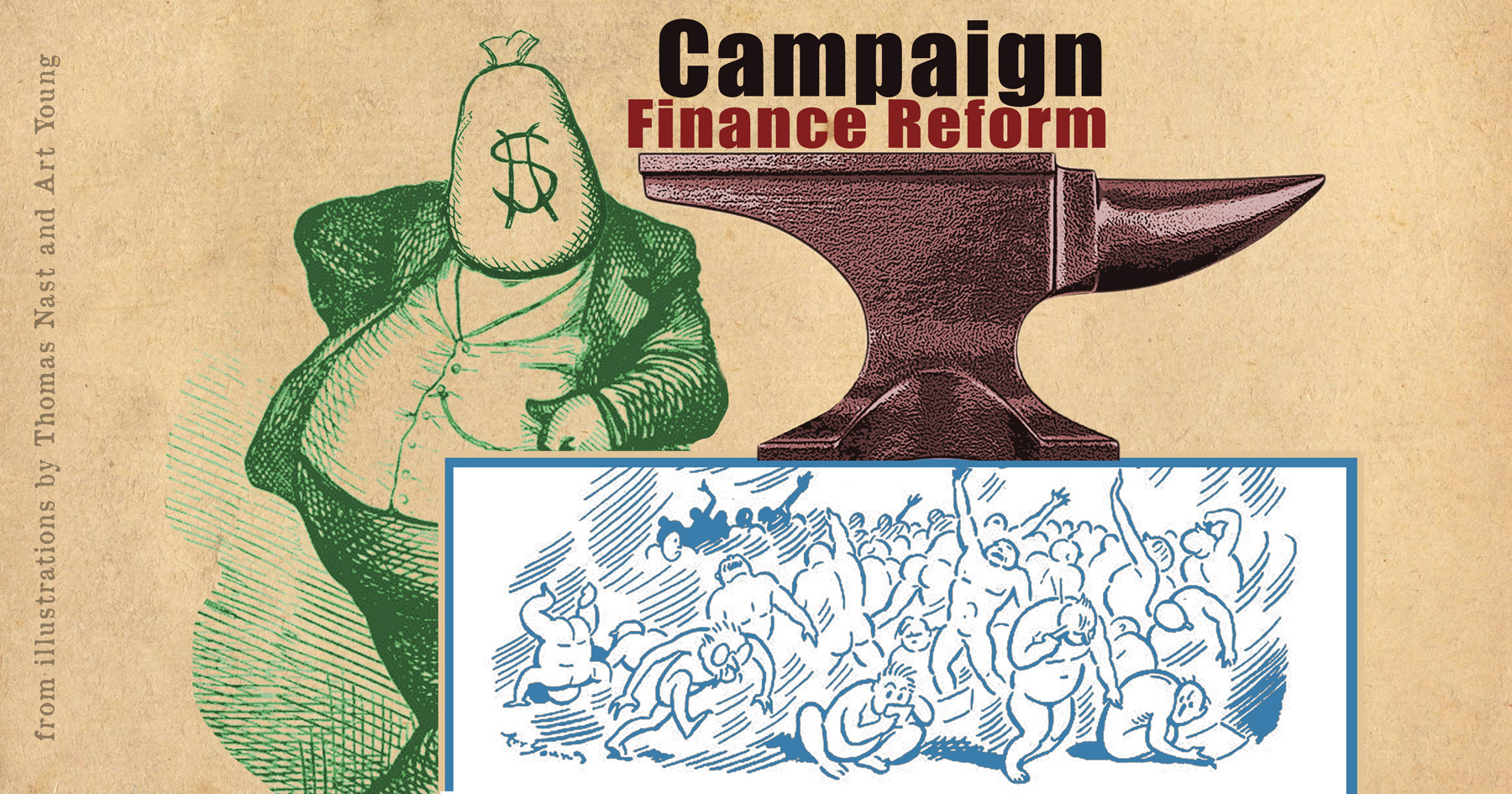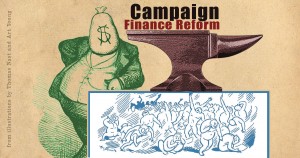Actor George Clooney, star of the current Coen brothers picture, Hail Caesar!, is a major fundraiser for Hillary Clinton. When asked on NBC’s Meet the Press if the $353,000 per couple dinner he organized last Friday constituted an “obscene amount of money,” he answered, simply, “yes.”
Clooney went on to explain, “It’s ridiculous that we should have this amount of money in politics.”
He’s an advocate for campaign finance reform. He is, specifically, “against” Citizens United, though he doesn’t know that it isn’t a law but a Supreme Court case that overturned previously passed legislation that regulated what people and corporations could do to support or oppose (or mention) candidates in elections. The government, authorized by the campaign finance legislation, had suppressed a movie.
Interestingly, that movie was a polemical documentary against . . . Hillary Clinton.
Campaign finance regulation has been shown to help incumbents. Not unexpectedly, since the regulations are written by sitting legislators against their competitors.
But “getting money out of politics” would advantage other groups, too. For example, one consequence of limiting political donations would be to nudge challengers to (a) be rich and mostly self-funding (like Trump is said to be), and (b) be more demagogic, leveraging the “free” publicity from major media.
More demagogues aren’t needed.
But then, the whole issue is demagogic, appealing to the knee-jerk reaction of everyday people who are, indeed, often nonplused by how others spend their money.
As for Clooney, he’d like not to have to spend money for his candidate.
We’d all like the important things in life to just happen. But it turns out we have to work for what we want.
This is Common Sense. I’m Paul Jacob.
Common Sense Needs Your Help!
Also, please consider showing your appreciation by dropping something in our tip jar (this link will take you to the Citizens in Charge donation page… and your contribution will go to the support of the Common Sense website). Maintaining this site takes time and money.
Your help in spreading the message of common sense and liberty is very much appreciated!







